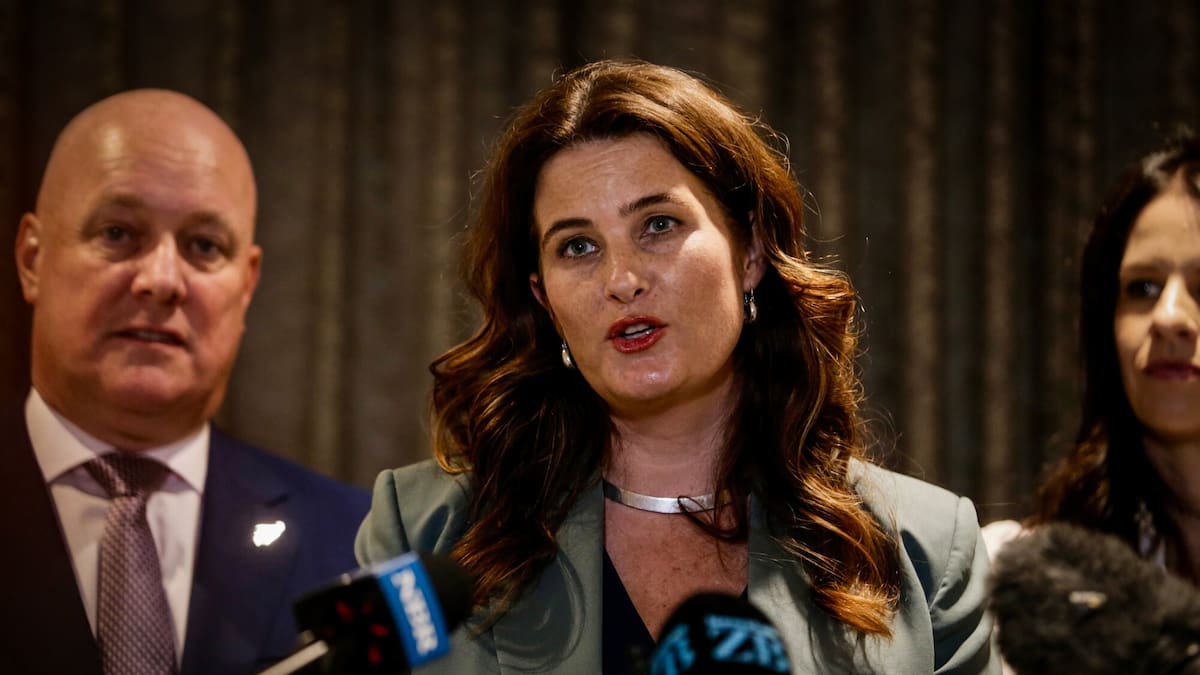Then comes the announcement itself: the delivery of a policy or initiative that sounds fresh but is often a well-worn item reissued with a new logo and a promise of consultation. The content matters little; the form is everything. A sentence such as “The Government will be looking closely at options to consider reviewing the framework for consultation” suffices to suggest decisive leadership. Nothing will happen, but it will happen thoroughly.
Ministers have perfected the cadence of importance. They begin solemnly – “This Government takes this issue very seriously” – a line that reliably heralds either a working group or a pilot programme. The media dutifully records it, and the public is reassured that, while nothing will change immediately, something is being looked at.
Occasionally, the announcement takes the form of the “Re-Announcement,” wherein a project first introduced under a previous Government is given a new name and a second launch. This is not duplication; it is recycling, a virtue consistent with New Zealand’s environmental values. A bridge may be opened twice, a rail project blessed thrice, and a housing initiative relaunched every election cycle – proof that hope, like policy, is renewable.
No announcement is complete without the Promise of Consultation. It is the politician’s version of a soft landing: a pledge to “engage with stakeholders” before doing whatever they planned to do anyway. Consultation serves many purposes. It delays action, diffuses criticism, and generates an impression of inclusiveness while ensuring that the final decision can later be justified as “reflecting a range of views”. It is democracy by spreadsheet. But often the “consultation” merely tweaks a policy that has been decided and embedded.
In the post-announcement phase, the real work begins: explaining what was meant. Within hours, officials clarify that the initiative was “indicative”, that figures were “illustrative”, and that timelines were “aspirational”. Opposition parties respond in kind, accusing the Government of “spin”, while preparing their own identical version to unveil when the political wheel turns. Thus the cycle continues, lubricated by outrage and amnesia.
New Zealand’s political class has also mastered the subtler variations of the announcement. There is the Trial Balloon, floated in a weekend interview to test public reaction without commitment. There is the Strategic Leak, which allows ministers to appear responsive to information they themselves released. And there is the Future Announcement of an Announcement, a masterstroke of bureaucratic suspense in which the mere prospect of an announcement is itself announced.
Modern technology has only enhanced the craft. Press releases now arrive pre-packaged with social-media quotes, hashtags, and stock photos of ministers pretending to engage with ordinary citizens. A modern announcement is no longer merely a statement; it is a content strategy. Within hours, the footage will be sliced into 30-second clips for Facebook, complete with captions like Delivering for Kiwis or Backing Hard-Working New Zealanders. It is unclear which New Zealanders these are, but they are always hard-working.
Of course, the Opposition plays its part in this theatre of governance. Having previously denounced such announcements as “empty PR exercises”, it now solemnly undertakes the same rituals once in office. A new Government does not so much change policy as rearrange adjectives: “transformative” becomes “targeted”, “bold” becomes “balanced”, and “vision” is replaced by “roadmap”. The only constant is the podium.
In fairness, these announcements do serve a social function. They fill the spaces once occupied by church sermons and town-hall meetings, providing citizens with a shared experience of earnest rhetoric and mild disappointment. They reassure the public that the machinery of government is still turning, even if the gears are mostly decorative.
And the other important thing is this. If the announced policy actually does make it to the floor of the House and through the select committee, what was announced becomes law, and, as we all know, every law introduced chips away at individual liberties and freedoms. And it all starts with an announcement.
One must admire, in the end, the artistry of it all. To make a statement that sounds like a decision, to generate a headline that conceals an absence of action, and to sustain this illusion across successive Governments – this requires a rare combination of linguistic agility and moral elasticity. It is not mere politics; it is performance art.
And so, tomorrow, another minister will step before another podium, flanked by banners, cameras, and the ever-obliging microphones. The nation will listen, nod, and carry on. Something will be announced. Nothing will happen. And the great tradition of New Zealand political communication will endure – refreshed, rebranded, and ready for re-announcement.
Catch up on the debates that dominated the week by signing up to our Opinion newsletter – a weekly round-up of our best commentary.
